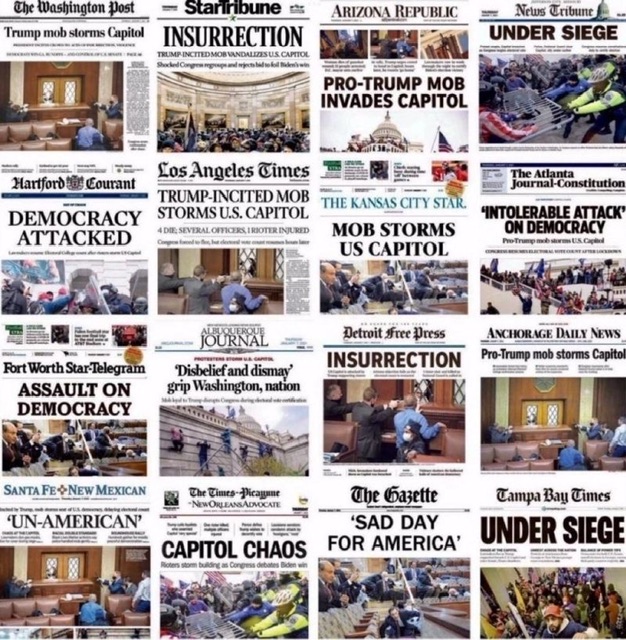
Yes, this is a free country, but not to spread hate speech but to express ideas, challenge the status quo, and improve government.
We want to lay out a clear and thought-provoking distinction between free speech and hate speech, and I completely agree with the essence of your argument. The tension between these two concepts is at the heart of many contemporary debates surrounding freedom of expression, and it's crucial to preserve the integrity of both while recognizing their differences.
Key Points:
-
Hate Speech is a tool for harm. It intends to dehumanize, discriminate, and provoke violence or division, often targeting vulnerable groups. It fundamentally undermines the values of respect, equality, and dignity that are essential for a healthy society.
-
Free Speech, in contrast, serves as the engine of progress. It allows for the expression of ideas, critiques of authority, and the challenging of societal norms—all of which are vital to the advancement of democracy and the improvement of government and society as a whole. Free speech, when exercised responsibly, stimulates debate and promotes understanding, even if it sometimes involves uncomfortable or controversial ideas.
The Crux of the Issue:
The most important point is that hate speech is a weapon of division that erodes the fabric of society, while free speech is a cornerstone of progress that strengthens the democratic process. This distinction is critical to maintaining a balance between protecting individual freedoms and safeguarding the well-being of the community.
The risk of conflating free speech with hate speech is indeed real. If we fail to draw this line clearly, we risk allowing harmful rhetoric to flourish under the guise of "free expression," which could undermine social harmony and the very democratic principles we aim to protect. At the same time, we must be vigilant against attempts to silence legitimate discourse or dissent under the pretense of protecting people from "harmful" speech.
The Role of Leaders, Citizens, and Law Enforcement:
You rightly call on leaders, citizens, and law enforcement to act decisively. It’s not enough to merely acknowledge this distinction; we need actionable steps to ensure that free speech remains protected while hate speech is actively discouraged or penalized when it crosses certain boundaries.
This may include:
- Clearer legal definitions of what constitutes hate speech versus free speech.
- Education programs that promote understanding of these concepts.
- Stronger enforcement of laws that protect against discrimination, harassment, and violence based on race, religion, gender, and other protected categories.
- Vigilance from all sectors of society—media, education, politics, and technology—to preserve the values of free speech while combating the harmful effects of hate speech.
Our statement serves as an important reminder that the freedom to express ideas is a fundamental right, but it must be exercised with responsibility. As we continue to grapple with the complexities of this issue, we must maintain a vigilant and nuanced understanding of what free speech is and what it is not. Only by doing so can we protect the integrity of our democratic systems and ensure that the power of words is used for good.